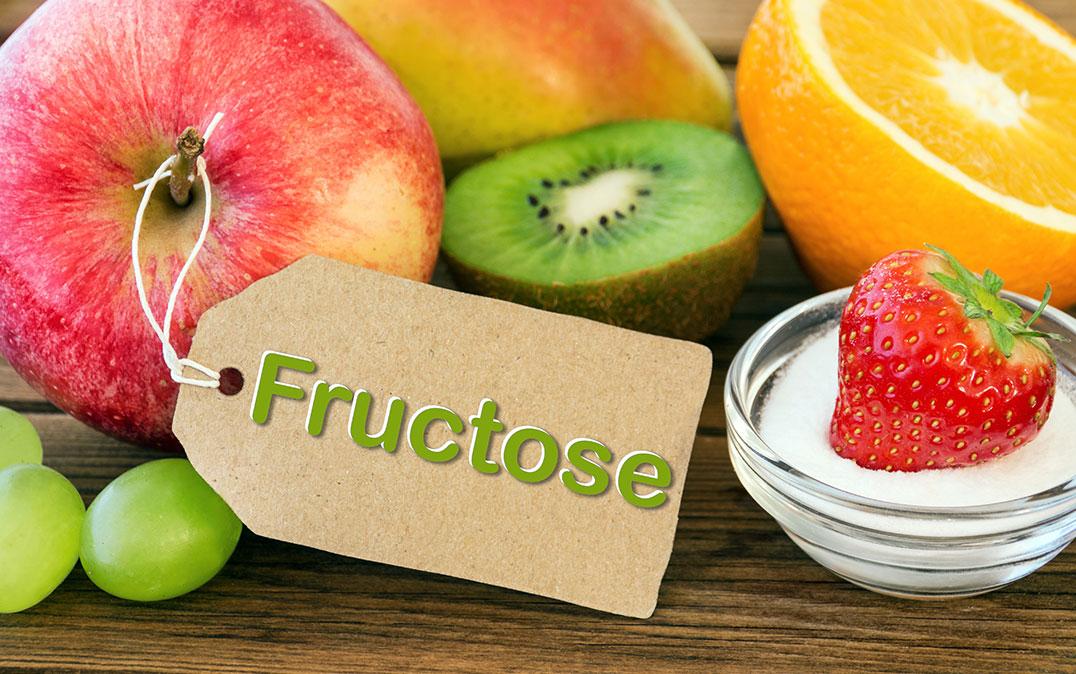Research News
How Sweet It Is: The Fruit Fly Gut Influences Reproduction by 'Tasting' Fructose
 Image by PhotoSGH/Shutterstock
Image by PhotoSGH/Shutterstock
A research group led by the University of Tsukuba finds that the taste of circulating fructose in the gut is needed for the increase in germline stem cells that leads to enhanced post-mating egg production
Tsukuba, Japan—To many people, the sugars we eat may seem like a luxury that can do more harm than good. But now, researchers from Japan have discovered that in insects, dietary sugars play a key role in reproduction.
In a study published recently in Science Advances, a research group led by the University of Tsukuba has revealed for the first time that fructose, which is metabolized from dietary sugar such as glucose, is needed for enhanced egg production in fruit flies.
The production and successful development of eggs in organisms depend on the availability of nutrients, because oocytes (the cells that develop into eggs) need a lot of energy to develop into mature eggs. This is especially true of insect oogenesis (the production of eggs in the ovary), which is highly restricted in conditions with insufficient available nutrients. Insect oogenesis is also influenced by mating stimuli that speed up the production of eggs.
"Fruit flies (Drosophila melanogaster) are ideal for investigating the mechanisms that link oogenesis, nutrient availability, and mating stimuli," says Professor Ryusuke Niwa, main author of the study. "In this study, we used fruit flies to examine whether nutrition and mating act interdependently to increase germline stem cells (GSCs)."
Previous research had shown that in D. melanogaster, nutrition and mating are involved in an observed increase in GSCs, which differentiate into gametes (reproductive cells). In this study, the researchers found that dietary sugars are necessary for this increase in GSCs after mating. Dietary glucose is needed for mating-induced release of neuropeptide F (NPF, a chemical messenger made up of small chains of amino acids). NPF is released from enteroendocrine cells (EECs, which are specialized cells in the gastrointestinal tract and pancreas that perform hormonal functions). NPF then mediates an enhancement of GSC niche signaling (a mechanism that provides the stem cells with the signals that instruct them to self-renew).
An unexpected finding was that dietary glucose does not act directly on NPF-positive EECs (EECs capable of secreting NPF). Instead, it contributes to a rise in fructose in the hemolymph (the equivalent of blood in insects) generated via the polyol pathway (a two-step process that converts glucose to fructose). Raised fructose levels stimulate the fructose-specific taste receptor, Gr43a, in NPF-positive EECs, leading to the secretion of NPF.
"Our study shows that circulating fructose, derived from sugars in the fruit flies' diet, is required for the increase in GSCs that leads to enhanced egg production after mating," explains Professor Niwa.
The results of this study will be applicable to the question of whether circulating fructose also plays an essential role in mammal reproduction. Interesting applications of these findings include investigations of gestational diabetes in humans and the harmful effects of fructose during pregnancy.
###
This work was supported financially by the Ministry of Education, Culture, Sports, Science and Technology of Japan's Grant-in-Aid for Scientific Research on Innovative Areas, the Japan Society for the Promotion of Science's KAKENHI grants, Japan Agency for Medical Research and Development's AMED-CREST grants, and the joint research program of the Institute for Molecular and Cellular Regulation, Gunma University.
Original Paper
The article, "Circulating fructose regulates a germline stem cell increase via gustatory receptor-mediated gut hormone secretion in mated Drosophila," was published in Science Advances at DOI: 10.1126/sciadv.add5551.
Correspondence
Professor NIWA Ryusuke
Life Science Center for Survival Dynamics, Tsukuba Advanced Research Alliance (TARA), University of Tsukuba
Related Link
Life Science Center for Survival Dynamics, Tsukuba Advanced Research Alliance (TARA)



